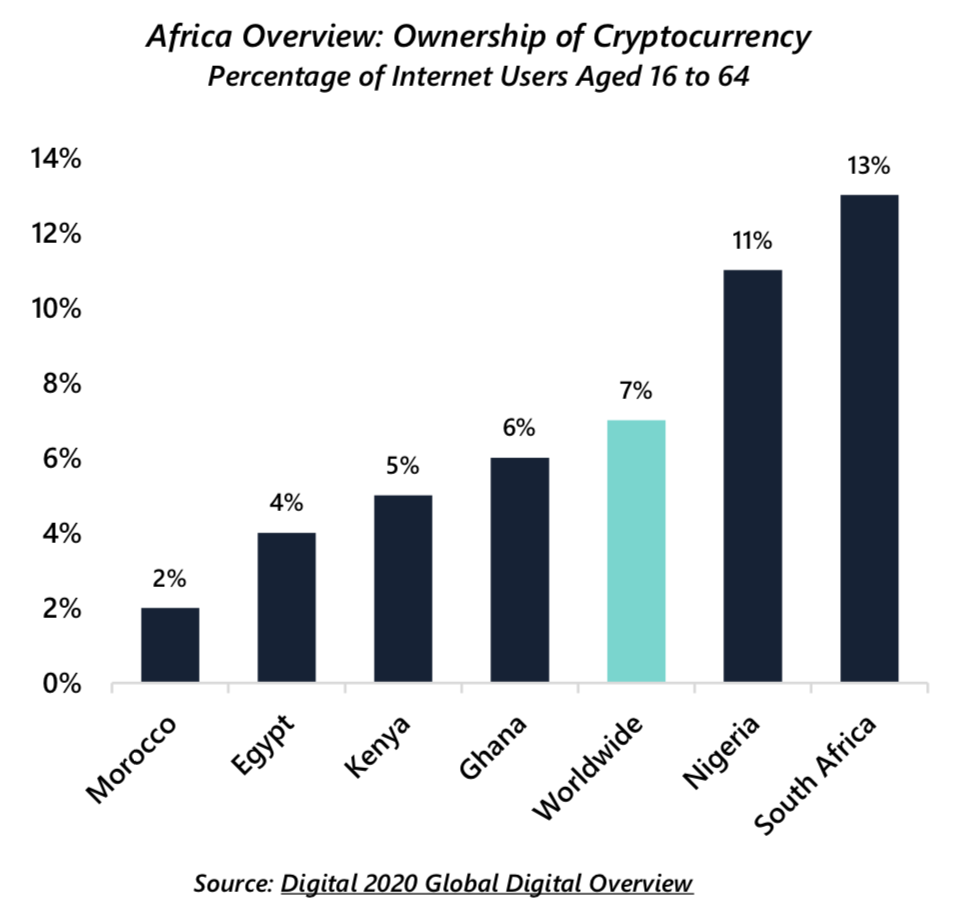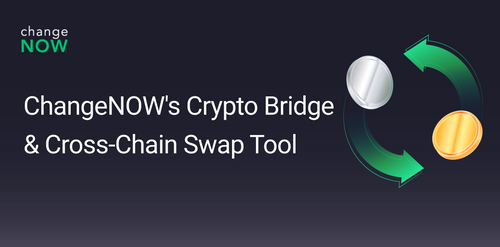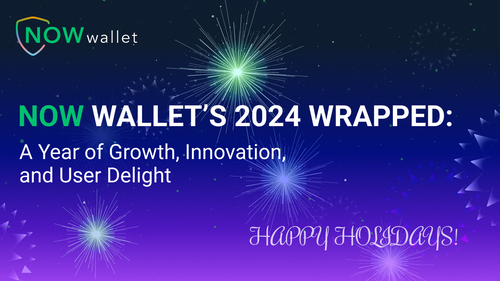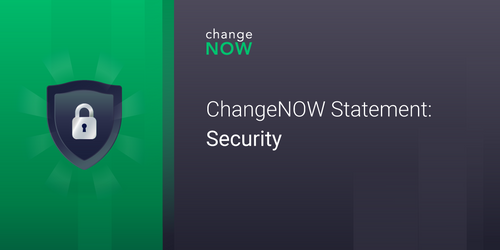Cryptocurrency In Africa: A Solution Out Of The Blue?
Cryptocurrency is becoming quite popular in Africa. One of the key takeaways from the state of crypto in Africa is that Peer-to-Peer (P2P) exchanges are gaining ground owing to a lack of traditional infrastructure and the vague legality of crypto in many African countries. According to a P2P exchange Paxful, fully 45% of all of their wallets now originate from African countries, South Africa, Kenya, and Nigeria in particular. A similar growth trend is obvious when looking at the trading volumes for these exchanges. New trading volume records are being set so quickly that this article from May 2020 is already outdated, the records have already been broken! The key to understanding cryptocurrency adoption in Africa is that buying the proverbial coffee with Bitcoin is not the priority for crypto users. Instead, crypto is being adopted because it solves two real-world problems. Remittance Sending money to and from Africa can cost as much as 9% using the world's outdated financial infrastructure. Sending money with Bitcoin is much cheaper and exponentially faster. Store of Value Bitcoin is a good store of wealth. As volatile as Bitcoin is, for many African investors BTC is still less volatile than holding their own nation's currency. Zimbabwe's infamous one-hundred-trillion dollar bill is only the most egregious example of inflation. Bitcoin and other cryptocurrencies, like stablecoins based on the Ethereum blockchain, offer Africans from Uganda to Senegal a way to store their wealth without worrying about inflation.
World’s first Crypto City
Crypto has a grassroots history in Africa, as Bitcoin and other crypto assets have largely been traded via P2P exchanges. However, new projects are springing up in Africa and they have large ambitions for the continent. Senegalese-American singer and songwriter Akon has committed to building a cryptocurrency-powered city in Senegal, the first of its kind anywhere in the world. If everything goes according to plan, the city will be using mainly the renewable energy and will run on AKoin, a new cryptocurrency created by Akon. Whether AKoin will actually be widely used, rather than a fiat currency remains to be seen. However, the impressive project shows that big things are happening with crypto in Africa. 
Crypto in Africa today
South Africa and Nigeria both have a high rate of crypto adoption at the moment. The mainstream press in Nigeria has been reporting on the large number of Bitcoin transactions happening in the country via P2P exchanges. Recent data indicate that $34.4 million dollars worth of trades have happened in the last 90 days, more than double the $15.2 million worth of trades done in South Africa. And while this number might not sound so high, it's important to remember that once a buyer and seller trust each other, they typically stop using an exchange, and their trading is not recorded. The actual peer-to-peer exchange volume could easily be two to five times the "official" figure. Although South Africa doesn't have as much trading volume as Nigeria, they do have an extremely high level of Bitcoin ownership. The 2020 Global Digital Overview fully 13% of all South Africans (those with internet access, at least) between the ages of 16 and 64 own Bitcoin.
The Legal Status of Cryptocurrency in Africa
Africa is a large continent with dozens of countries so it's difficult to make any sweeping generalizations about the legal status of cryptocurrency in Africa. However, certain data aggregators like the Library of Congress have collected information on the legality of blockchain cryptocurrencies throughout Africa. Just to give one example, Bitcoin and other cryptocurrencies are currently outlawed in Morocco. Investors and traders caught using Bitcoin in Morocco will be subject to fines and "other penalties." Finding out what those "other penalties" are is probably inadvisable. Other African countries are more ambiguous in their treatment of cryptocurrencies. Ghana has advised its citizens against buying cryptocurrencies since "transactions are not sanctioned by the government." However, while crypto is frowned upon by the government, it's still legal and openly traded in the country. Kenya is another African country with an unclear regulatory approach - the government mostly pretends crypto doesn’t exist. Then there are countries like Nigeria and South Africa which, as mentioned, have embraced Bitcoin.
How is crypto used in Africa?
Africa already has a surprisingly robust mobile payment infrastructure. Since millions of Africans are unbanked and the continent lacks good financial infrastructure, mobile payments were a natural fit and they've been widely embraced.  Given the ubiquity of mobile payments, cryptocurrency doesn't necessarily need to fill that gap in Africa, and paying for goods and services with Bitcoin and other digital currency solutions is not hugely popular in Africa. What Africans really need is a way to store their wealth from high inflation rates, as well as receive and send money from all over the world. This is the primary use case for crypto in Africa.
Given the ubiquity of mobile payments, cryptocurrency doesn't necessarily need to fill that gap in Africa, and paying for goods and services with Bitcoin and other digital currency solutions is not hugely popular in Africa. What Africans really need is a way to store their wealth from high inflation rates, as well as receive and send money from all over the world. This is the primary use case for crypto in Africa.
Government adoption of blockchain and crypto in Africa
There are multiple African governments that are engaging with virtual currencies and other blockchain projects. The Democratic Republic of Congo is using blockchain to trace the origins of cobalt mined within the country. The government hopes that by tracking the origins of cobalt they can ensure that it's not being mined by children. Cardano is very active in Africa and their initiative to bring agricultural tracking to Ethiopia is just one of the many projects that Charles Hoskinson has going on in Africa. Cardano believes that the key to success will be working with local government, rather than trying to create products that exist in a regulatory grey area. There are many other examples of crypto adoption from governments in Africa and ConsenSys has done a great job of documenting these projects. Included are not only examples of African governments working with crypto projects, but also governments from around the world.
Crypto problem-solving in Africa
For many Africans, Bitcoin or a stablecoin based on the Ethereum network is a better store of value than their local fiat currency. Cryptocurrencies are also significantly cheaper and faster to send around the world. Inexpensive crypto coins like Nano and XRP also enable micro-payments, a financial service that's difficult to offer with outdated banking infrastructure. Looking to the future, we should expect to see even more cryptocurrency adoption in Africa, especially as crypto exchanges and other large projects strive to expand their presence on the continent.



